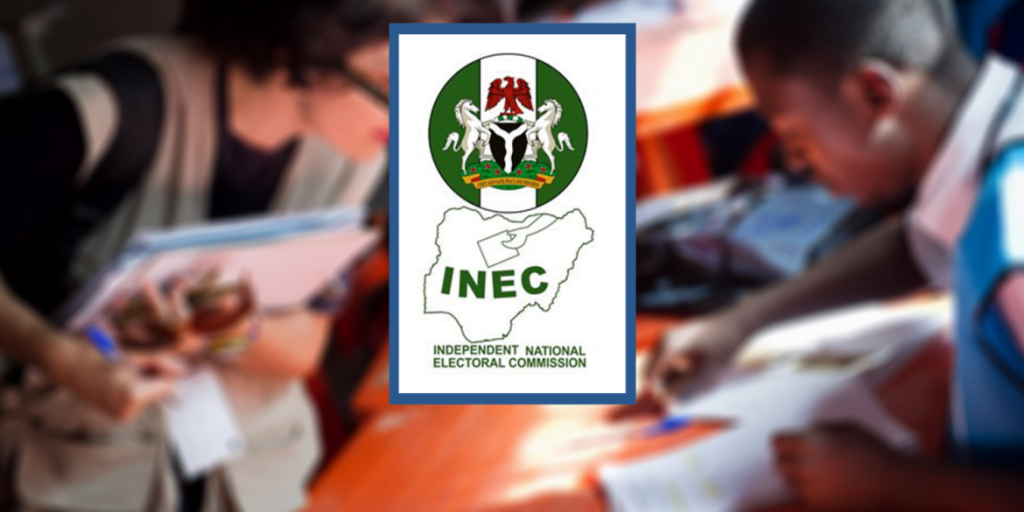
As Nigeria prepares for the 2027 general elections, a new pattern in voter registration has begun to emerge. While southern states continue to dominate the online pre-registration figures, northern states have launched fresh mobilisation campaigns to close the widening gap.
The Independent National Electoral Commission (INEC) revealed that more than 3.5 million Nigerians have completed online pre-registration within just three weeks of the Continuous Voter Registration (CVR) exercise, which began on August 18, 2025.
According to a statement from INEC’s National Commissioner and Chairman of the Information and Voter Education Committee, Sam Olumekun, Osun State currently tops the chart with 518,635 registrants (14.63%), followed by Lagos with 440,647 (12.43%), and Ogun with 348,217 (9.82%).
Other strong performers include Borno (296,409), Kebbi (193,781), Kaduna (187,480) and the FCT (180,260). In contrast, states like Enugu, Ebonyi, and Abia recorded some of the lowest figures, with Enugu at the bottom with just 1,203 registrants (0.03%).
INEC data further showed that youths aged 18–34 years account for 64.65% of registrants, while students make up nearly 25% (882,441).
Despite being home to some of Nigeria’s most populous states, northern registration figures remain surprisingly low. For example, Kano reported just 66,091 registrants, Zamfara (32,784), and Plateau (32,000).
This underperformance has raised concerns among political actors, prompting urgent mobilisation drives across the North.
Governors, religious leaders, and community-based organisations have since intensified campaigns, urging residents to register ahead of the 2027 elections. Sensitisation efforts now include grassroots visits, town hall meetings, and social media campaigns.
Several northern governors have rolled out direct initiatives to boost turnout:
The high registration numbers in the South-West, particularly Osun State, have sparked controversy. The African Democratic Congress (ADC) and the Labour Party (LP) both raised questions, calling for a forensic audit of the figures.
ADC’s spokesperson, Bolaji Abdullahi, claimed the numbers contradicted historical trends. Similarly, LP’s Tony Akeni urged Nigerians to closely scrutinise INEC’s reports.
INEC, however, dismissed the allegations, with its Chief Press Secretary, Rotimi Oyekanmi, insisting that the concerns arose from a misunderstanding of historical voter registration patterns.
Alongside online pre-registration, INEC disclosed that physical registrations, which began on August 25, had reached 288,614 as of September 4.
The commission reminded citizens that the exercise is open only to Nigerians aged 18 and above who have never registered before, warning against illegal underage registrations.
“It is illegal to encourage underage registration or those below 18 years to register in anticipation that they will attain the legal age of voting by the time the general election is held in 2027,” INEC stressed.
Observers believe that if the North fails to close the registration gap, the imbalance could significantly impact the outcome of the 2027 elections. With the South already building a commanding lead, northern leaders are under pressure to mobilise their people and match the South’s enthusiasm.
The coming months will reveal whether the North’s renewed efforts can tip the scales — or if the South will maintain its dominance heading into 2027.